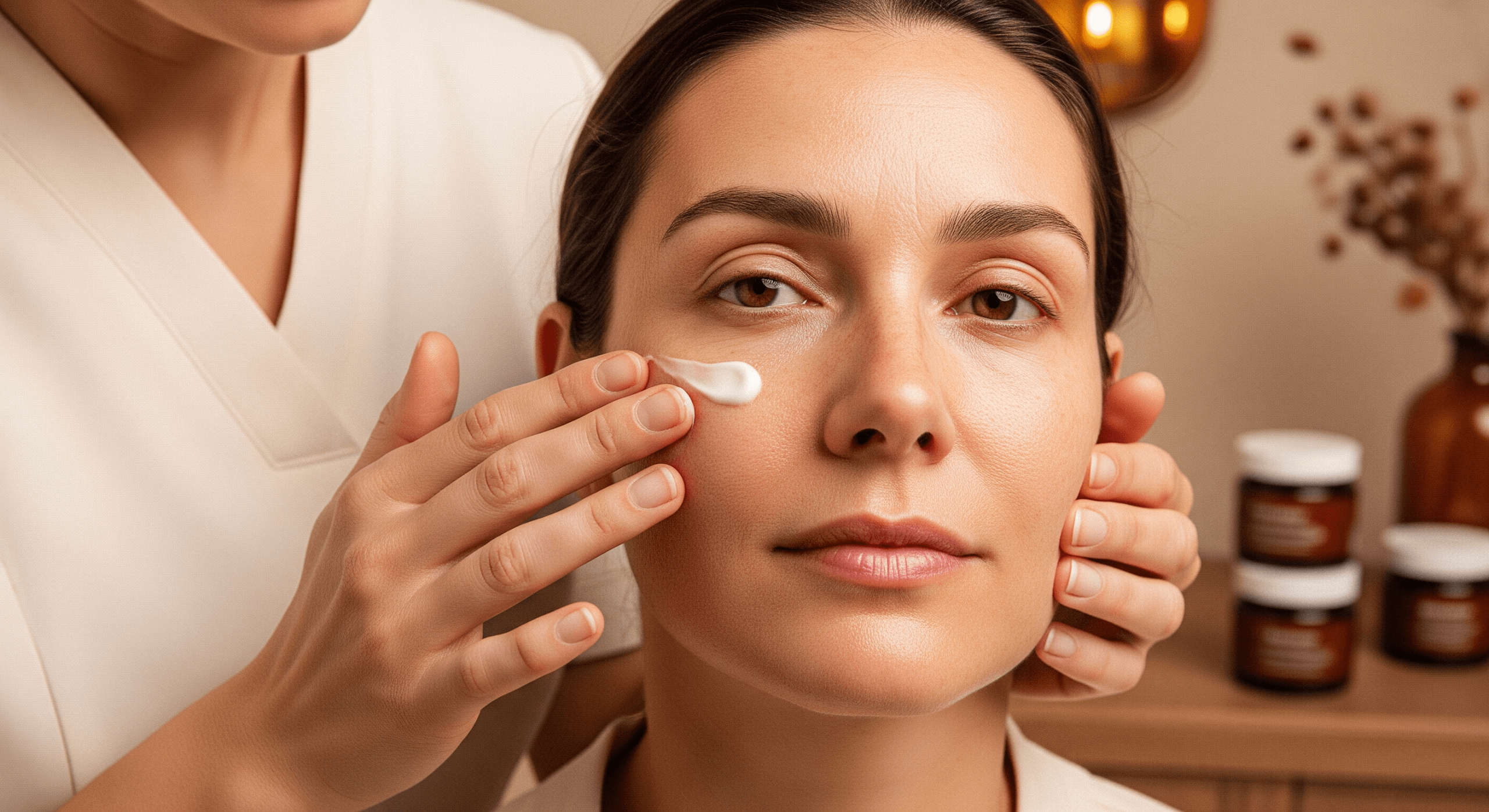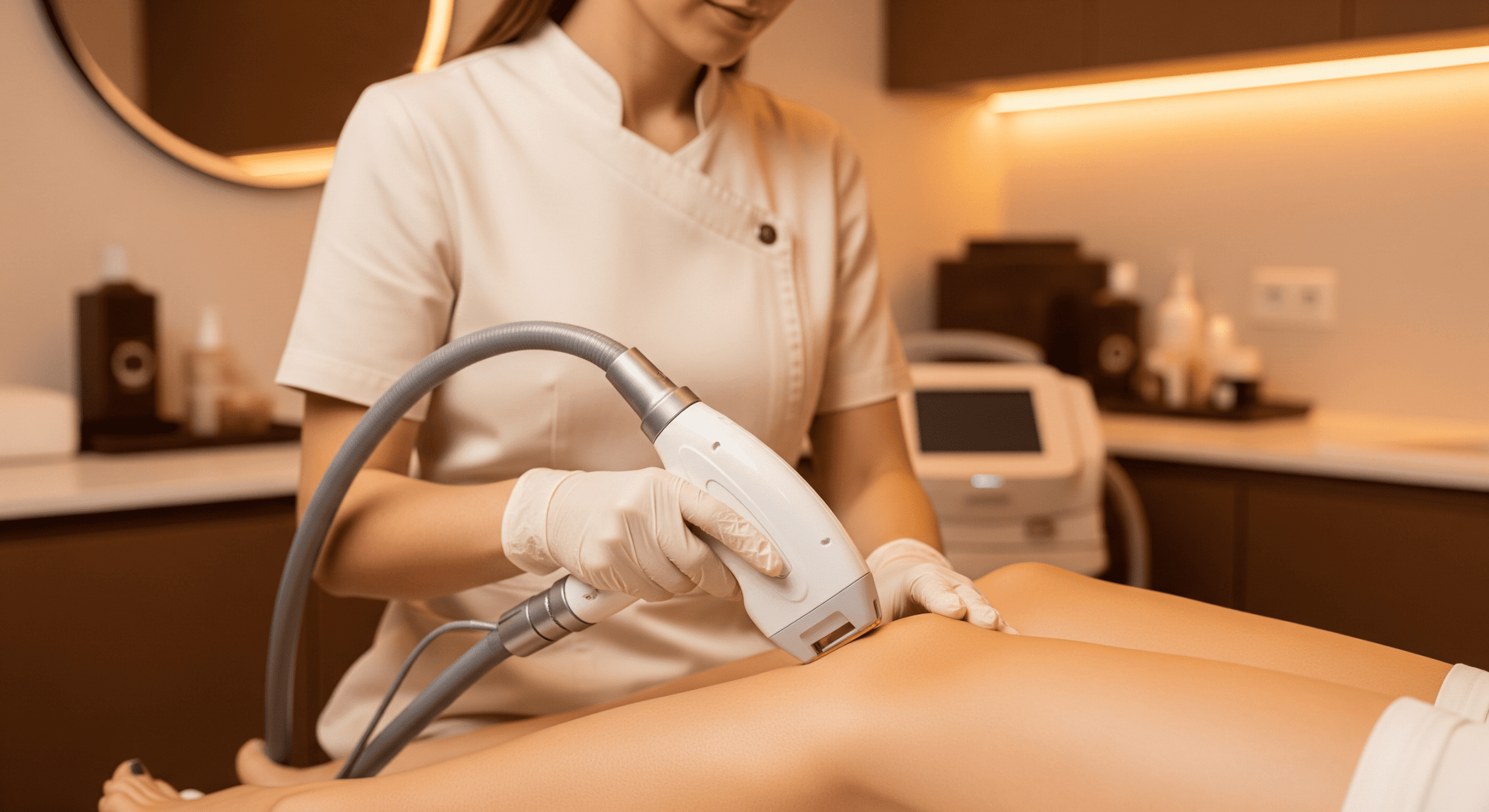We’ve all heard that what you wear can affect how other people perceive you. But did you know that it can also impact your performance? In a study at Northwestern University* a few years back, study participants who wore lab coats demonstrated improved focus. That’s fascinating, isn’t it? We’ve all experienced the power of our daily grooming habits. Just think about how refreshed you feel after a shower. While we may do different things to feel “put together,” the take home point remains the same: taking care of ourselves is key to maintaining our vitality, especially these days, when so many of us are stressed or worried!

Which self-care habits are keeping you moving in the right direction? Aside from dressing up in a lab coat, here are a few more research-backed tips for maintaining your mojo this spring!
Tidy up your work space
Whether you’re working remotely from your dining room table or at the office, keeping your work space tidy is clinically proven to boost your productivity and lower stress. You can also improve your outlook simply by putting a plant on your desk (no kidding!).
Get moving (preferably outside)
You’ve heard this tip a million times, but do you know the science behind it? Exercise stimulates your vagus nerve, which is essentially your nervous system’s superhighway. Stimulating the vagus nerve helps to lower your heart rate and blood pressure, in addition to curbing stress. Nature also seems to have a beneficial effect on your vagus nerve, so exercising outside is a twofer for vitality!
We are passionate about helping you live your most vibrant life. For your safety, we have closed the medical spa and dermatology clinic temporarily. While we have no definite reopening date, we are committed to keeping you informed as the situation progresses. Please feel free to contact us via phone with any questions you may have. In the meantime, stay in touch by signing up for updates, health tips, future events and more. To schedule an online consultation, please call 918.948.9639 today.
*Study source: https://www.sciencedirect.com/science/article/abs/pii/S0022103112000200


